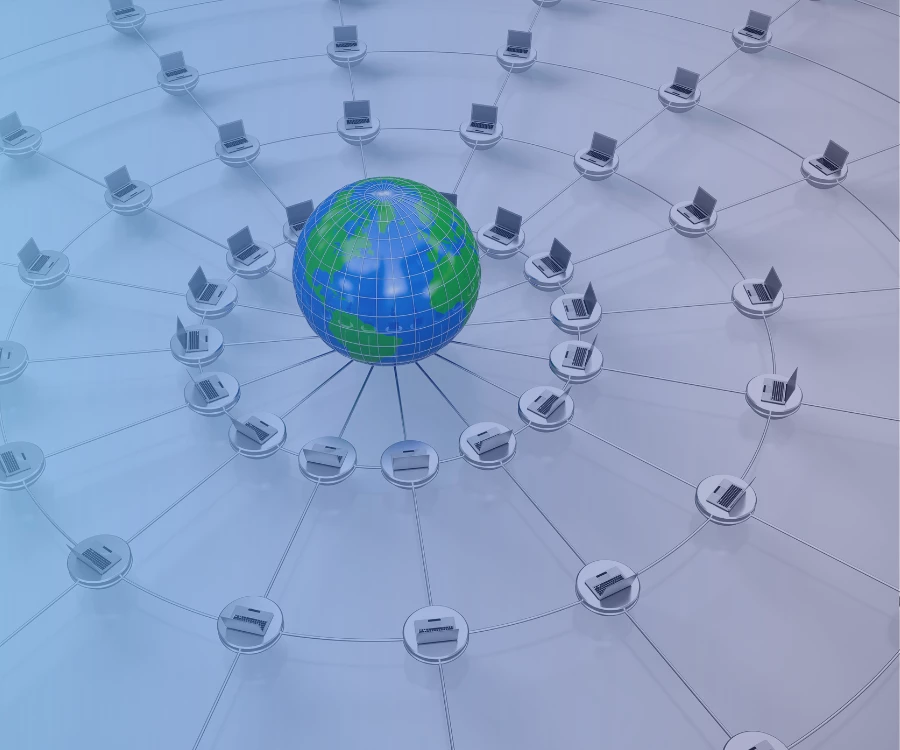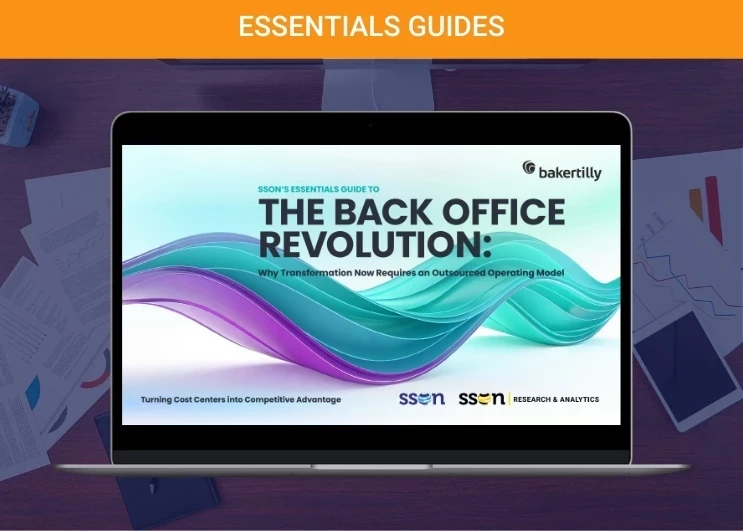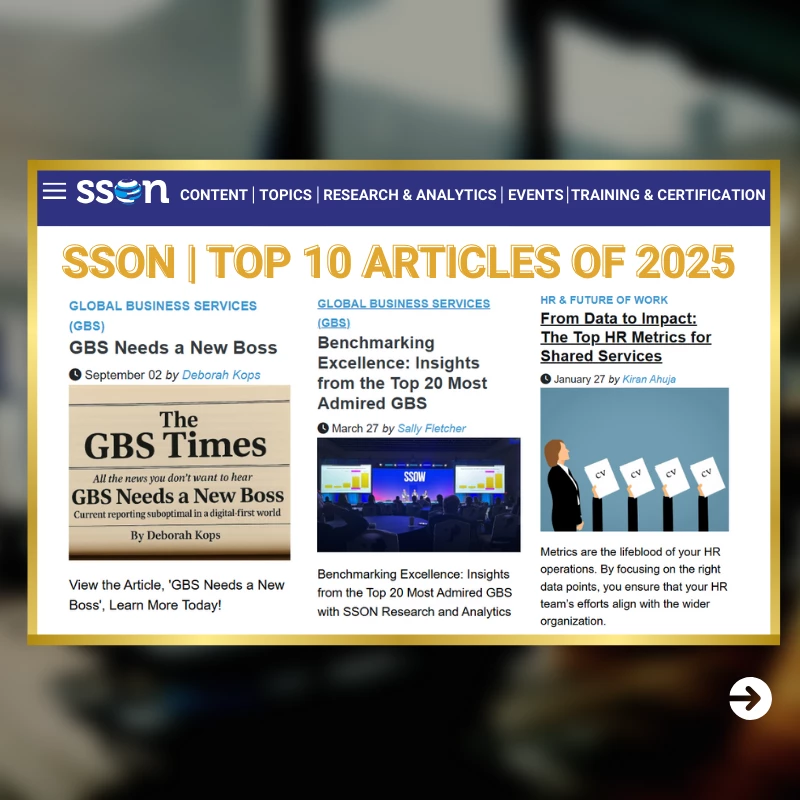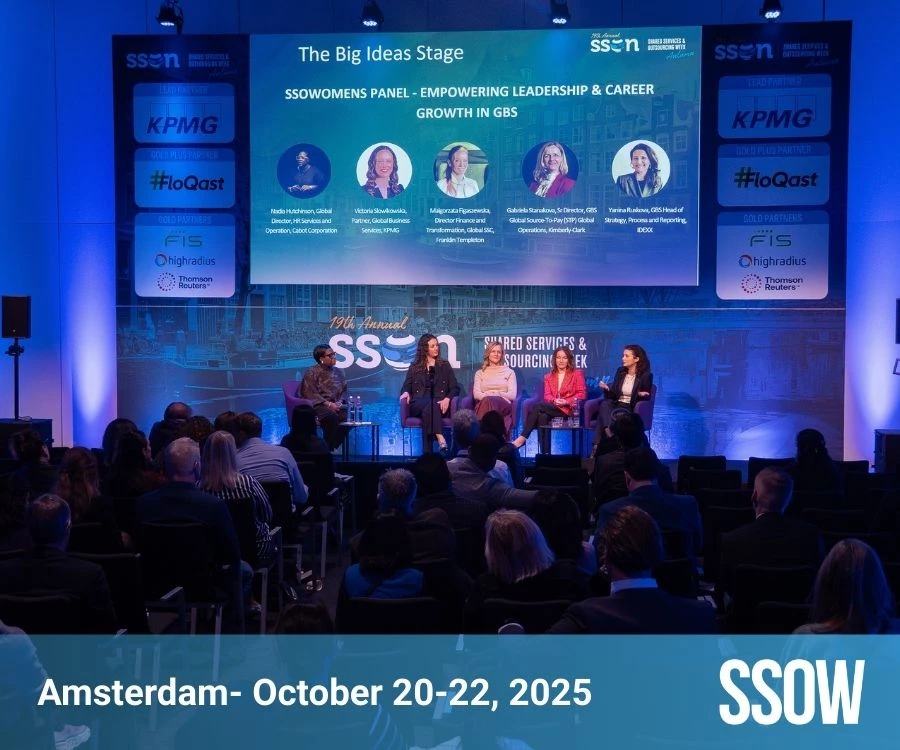
I was reminded, recently, of the widespread confusion and lack of standardization around the definition of Global Business Services, or GBS.
SSON defines Global Business Services as:
A more matured and integrated version of the shared services model. It controls the delivery of business support functions to the core business through multiple service delivery models on a truly global basis. It is one of the hottest areas of corporate development in driving optimized performance across business support services.
I also checked with Phil Searle of Chazey Partners, whom I've known for many years, and who adds that Global Business Services covers multiple aspects of sourcing: Internal shared services, supporting multiple functions/service lines, across multiple business units/regions/countries/jurisdictions, optimizing use of locations (onshore/nearshore/offshore), with the best mix and use of third party outsourcing relationships.
One new phrase that fits perfectly with GBS is Future of work (FOW), which reflects innovative approaches that define the new way of working. Even before the pandemic, FOW was led by increasing automation and the advent of artificial intelligence-driven initiatives that supported agility and workflows throughout the enterprise.
Covid-19 provided an immediate boost to such initiatives, however, forcing remote work and virtual operations onto enterprises – including Global Business Services (GBS) – around the world. Business resilience has, perhaps, been the defining legacy of the pandemic and is underpinned by many FOW initiatives. You can read more in our recent report covering 'The Future of Work in Global Business Services'.
In today's market, GBS is recognized as a critical enabler for intelligent automation. That trend is clearly identified in the State of the Global Shared Services Market Report 2022, published by SSON earlier this year. It highlights not just the fact that leveraging automation is one of the key drivers of the GBS model, but also that while 30% of global shared services are already operating as GBS, another 33% plan to move to GBS in the next five years.
The key point is that GBS works towards true end-to-end processing and service provision, supported by effective and best practice technology, all operating under one global delivery framework.
Today, this transition is becoming easier. Donald Ryan of KPMG refers to "digitalized GBS" as the future of business services. The automated enterprise makes it easier, he explains to SSON's editor, for organizations to move to GBS because processes are already standardized and largely automated.
In aiming to optimize your GBS service delivery model, you may want to evaluate your strategies around multifunctional, mix of internal shared services and third party outsourcing, combination of sourcing into one consistent global delivery framework, etc.
If you work to different definitions – or, indeed, have other suggestions, please share in the comments box below



































